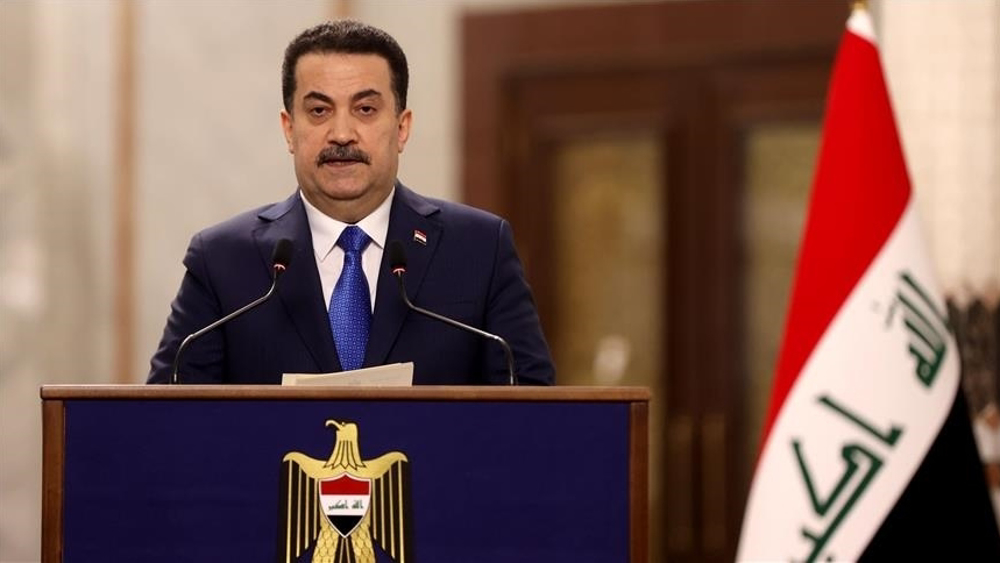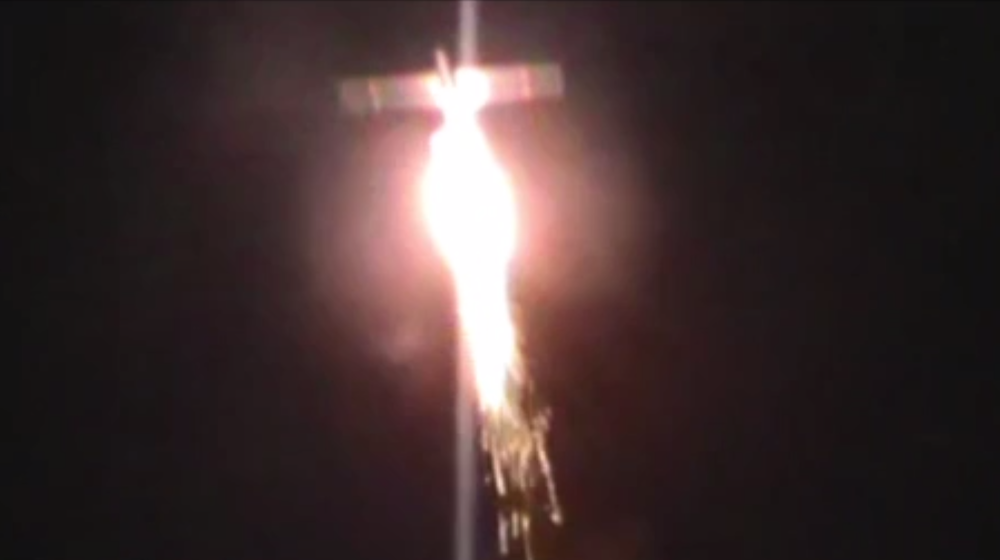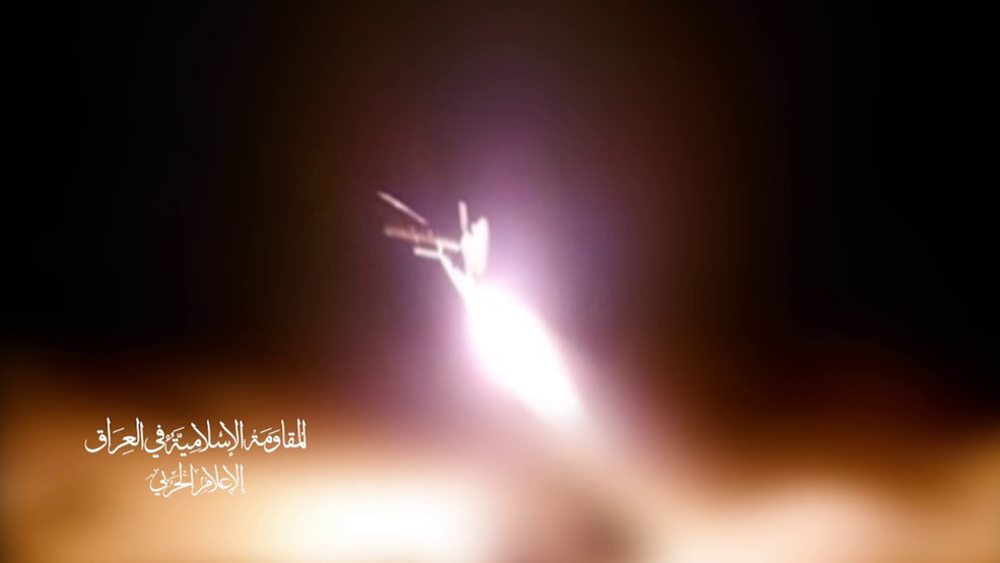Over 100 Iraqi journalists killed, injured while covering Mosul battle: FAJ
The Federation of Arab Journalists (FAJ) has announced that more than 100 Iraqi journalists have lost their lives and sustained injuries while covering fierce battles between Iraqi government forces and Takfiri Daesh terrorists in the run-up to the liberation of the country’s second largest city from the extremists.
The Cairo-based FAJ, in a statement released on Thursday, announced that forty-seven journalists were killed, while fifty-five others were wounded while accompanying security troops during battles in Mosul and reporting on the skirmishes.
The federation also extended its deep felicitations to the Iraqi journalists, who covered the details of the battles in Mosul, praising government troops’ victory over Daesh there.
On June 24, French journalist Véronique Robert died from wounds she had sustained earlier in a mine explosion in the western part of Mosul as she was covering Iraqi government forces’ advances against Daesh Takfiri terrorists.
Sophie Pommier, a spokeswoman for the French Embassy in Baghdad, said Robert lost her life at a hospital in the French capital Paris.
The late journalist had been repatriated and transferred to the hospital on Friday after being operated in Baghdad.
State-owned France Television said Robert had covered numerous conflicts and expressed its "sincere condolences."

French video journalist Stephan Villeneuve and Iraqi Kurdish journalist Bakhtiyar Haddad, who were working with Robert, were killed in the June 19 explosion in Mosul. Haddad died moments after the blast and Villeneuve died hours later from his wounds.
They were reporting for investigative news program Envoye Special broadcast by France 2 national television channel.
Reporter Samuel Forey, who worked for a number of French media organizations, including French daily Le Figaro, also suffered light injuries in the act of terror.
The Metro Center for Journalists’ Rights and Advocacy said Haddad had been injured three times before as he covered the war in Mosul.

In February, Iraqi Kurdish correspondent Shifa Gardi, 30, was killed in a roadside bomb blast while covering clashes between Iraqi government forces and Daesh terrorists just south of Mosul for the Kurdish-language Rudaw television network. Her colleague, Younis Mustafa was wounded.

On October 22, 2016, a cameraman working for Iraq’s Arabic-language al-Sumaria television network was fatally shot by a Daesh sniper while covering Iraqi military advances near the village of al-Shura, which lies south of Mosul. The slain journalist was identified as Ali Raysan.
Over 500 Iraqi children killed, injured in Daesh conflict: UNICEF
Meanwhile, the United Nations Children's Fund (UNICEF) says more than 500 Iraqi children have been killed and injured in the wake of military operations against Daesh militants in the first half of the current year.
Chief of UNICEF Field Operations in Erbil, Maulid Warfa, told reporters in Geneva on Friday that 506 children were killed and wounded in Iraq during the first half of 2017, stressing that the UN agency is working with the Iraqi government to secure access to places, where children may have been recruited by Daesh Takfiris.
The UN official explained that many children have been separated from their parents as a result of Daesh conflict, pointing out that UNICEF is working to reunite them with their parents.

“Children are the main victims of the war in Mosul, and many of whom have separated from their families. A total of 4,300 children have been reunited with their families, and more than 1,000 ones are now receive follow-ups as part of attempts to bring them together with their parents,” Warfa said.
On Monday, Iraqi Prime Minister Haider al-Abadi formally declared victory over Daesh extremists in Mosul, which served as the extremists’ main urban stronghold in the conflict-ridden Arab country.
In the run-up to Mosul's liberation, Iraqi army soldiers and volunteer fighters from the Popular Mobilization Units, commonly known by the Arabic name Hashd al-Sha’abi, had made sweeping gains against Daesh since launching the operation on October 17, 2016.
The Iraqi forces took control of eastern Mosul in January after 100 days of fighting, and launched the battle in the west on February 19.
An estimated 862,000 people have been displaced from Mosul ever since the battle to retake the city began eight months ago. A total of 195,000 civilians have also returned, mainly to the liberated areas of eastern Mosul.
VIDEO | COP29: another climate failure?
ICC issues arrest warrants for Netanyahu, Gallant for war crimes
Israeli strikes kill 88 Palestinians in northern Gaza
American voters plainly rejected complicity in Gaza genocide: Iran FM spox
ICC should issue more arrest warrants for Israeli authorities over Gaza genocide: UN expert
Israel using AI weapons co-produced by India in Gaza genocide: Report
Israel issues new evacuation orders, shortly launches strikes on southern Lebanon
VIDEO | Press TV's news headlines

















 This makes it easy to access the Press TV website
This makes it easy to access the Press TV website